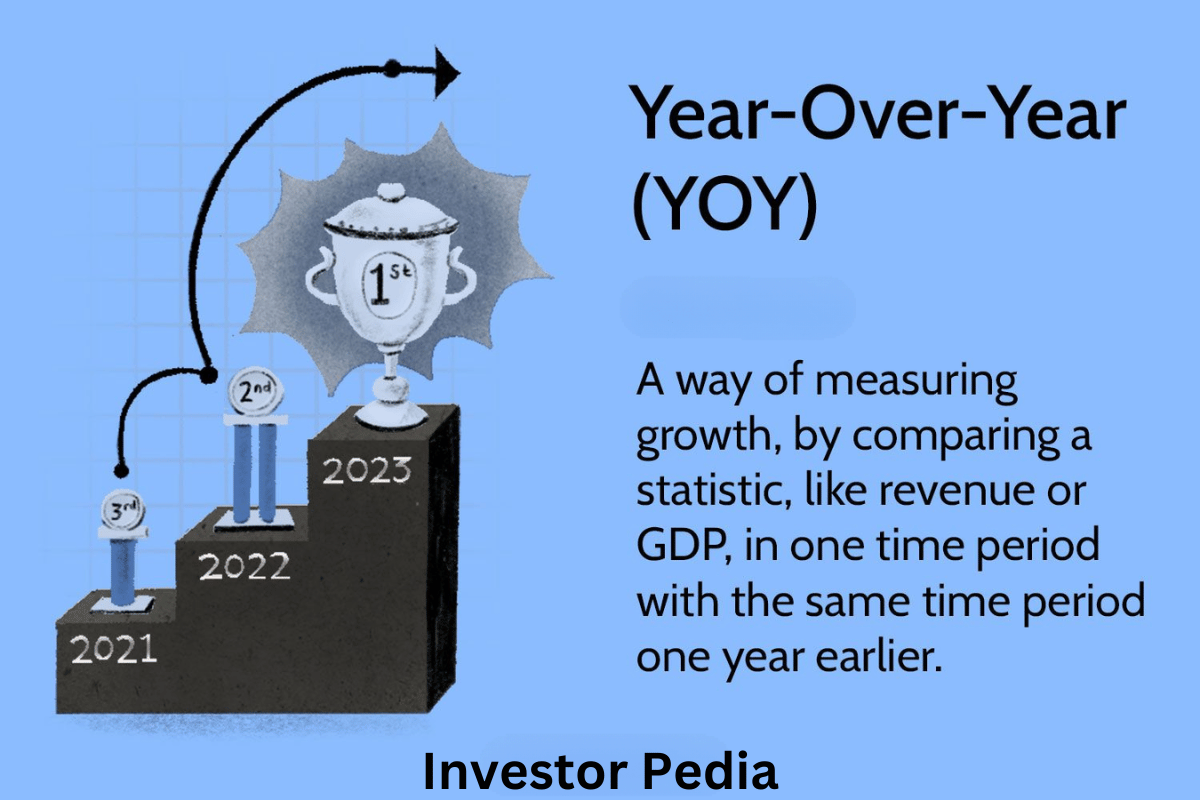Understanding the Dynamics of a Recession
In the ebb and flow of the economy, recessions are inevitable. They shape the economic landscape, influencing jobs, businesses, and the financial well-being of millions. But what exactly happens during a recession? This blog post delves deep into the anatomy of a recession, its implications, and how it affects various aspects of the economy.
The Economic Indicators in a Downturn
During a recession, several key economic indicators reflect the downturn. Employment rates drop as businesses cut costs. Consumer spending declines, leading to reduced business revenue. This cycle perpetuates the economic slowdown. Additionally, stock markets often tumble, reflecting investor pessimism about future growth.
A Detailed Look: What Happens in a Recession
To understand the multifaceted impact of a recession, let’s examine a table that breaks down its effects on different economic sectors:
| Sector | Impact During Recession |
|---|---|
| Employment | Unemployment rates rise as companies reduce staff. |
| Consumer Spending | Decreases due to lower income and economic uncertainty. |
| Businesses | Reduced revenue leads to cost-cutting measures, including layoffs. |
| Stock Market | Generally experiences a decline as investor confidence wanes. |
| Real Estate | Market slows down; property values may decrease. |
| Interest Rates | Often lowered by central banks to encourage borrowing and stimulate the economy. |
This table illustrates the widespread effects of a recession, highlighting how interconnected the various sectors of the economy are.
Frequently Asked Questions About Recessions
What Causes a Recession?
A recession can result from various factors, including excessive debt, inflation, market bubbles, or external shocks to the economy. Often, it’s a combination of factors that contribute to the economic downturn.
How Long Do Recessions Last?
The duration of a recession varies. Historically, they have ranged from a few months to several years. The severity and underlying causes of the recession significantly influence its length.
Can Recessions Be Predicted?
While economists use a range of indicators to forecast potential downturns, predicting the exact timing and severity of a recession is challenging. Factors such as investor sentiment and unforeseen global events can rapidly change the economic outlook.
How Can Individuals Prepare for a Recession?
Preparation involves building a financial safety net, reducing debt, and diversifying investments. Staying informed about the economy and potential job market changes is also crucial.
Navigating Through Uncertain Times
In the face of a recession, staying informed and proactive is vital. Understanding the significance of annual income can help individuals manage their finances more effectively. For those considering a career shift, exploring sectors like real estate investment trusts may offer new opportunities.
Moreover, learning how to calculate national income provides insight into the economy’s health, helping individuals make informed decisions. For investors, understanding the nuances of year-over-year (YOY) performance can guide better investment choices during economic downturns.
Conclusion
Recessions, while challenging, also present opportunities for growth and learning. They remind us of the importance of financial literacy, adaptability, and resilience. If you’re seeking guidance on navigating economic uncertainties, whether it’s investing in stocks during a downturn or understanding the implications of market movements, feel free to contact us. Our expert insights and resources are here to help you make informed decisions and thrive, even in the most challenging economic times.



